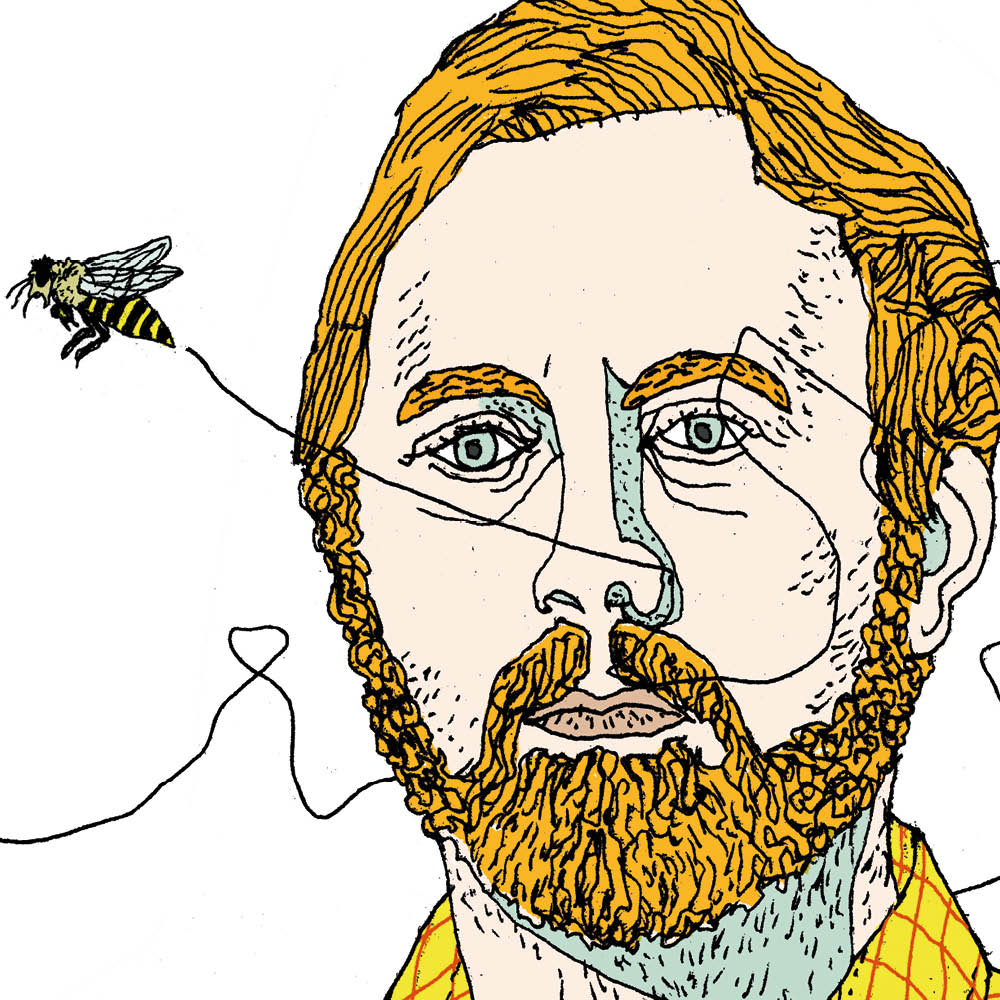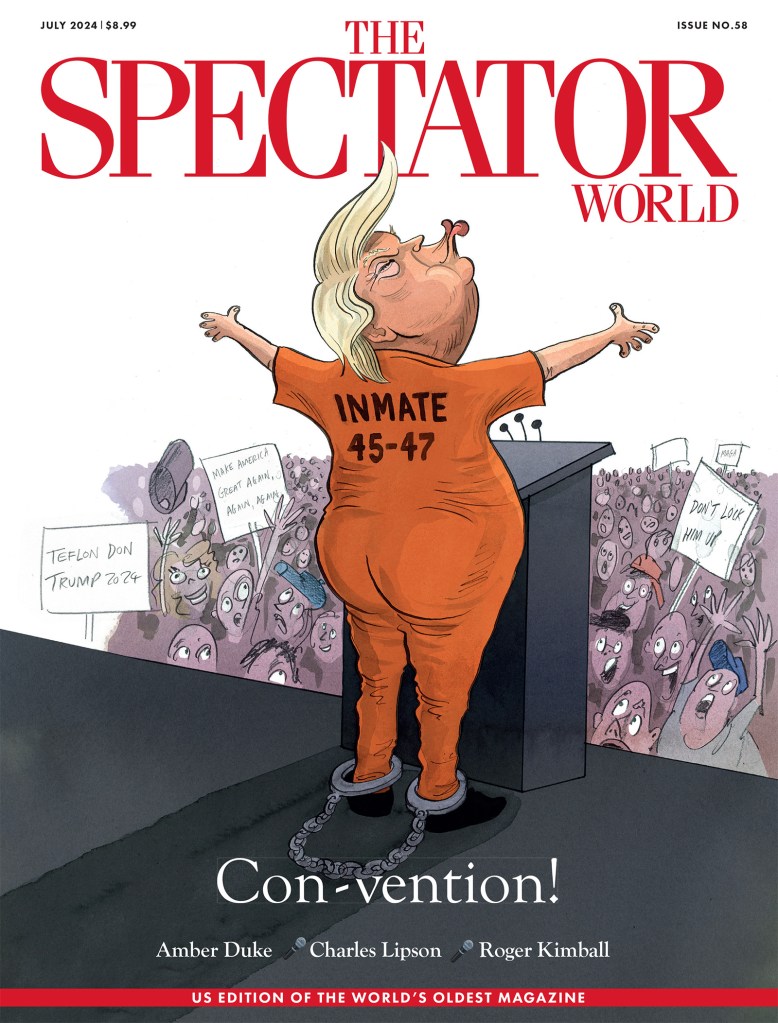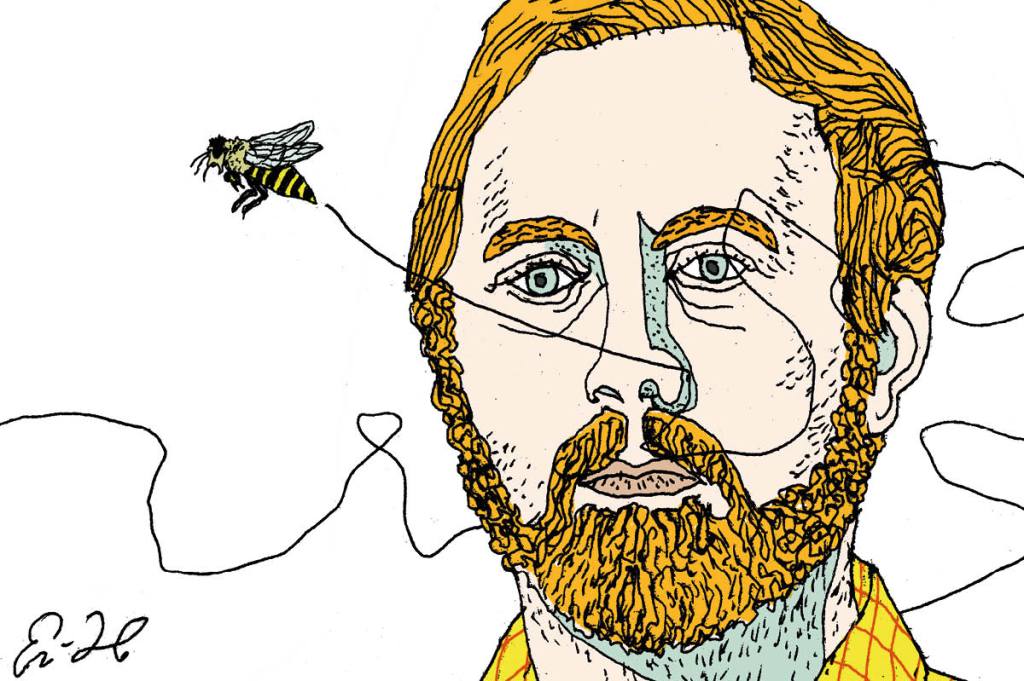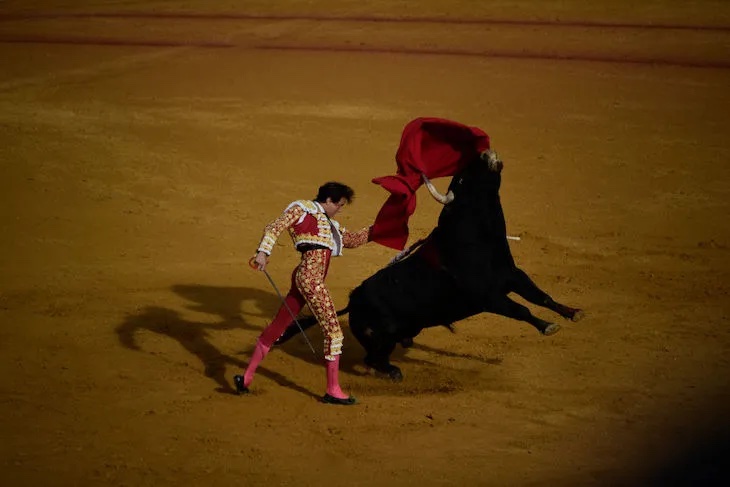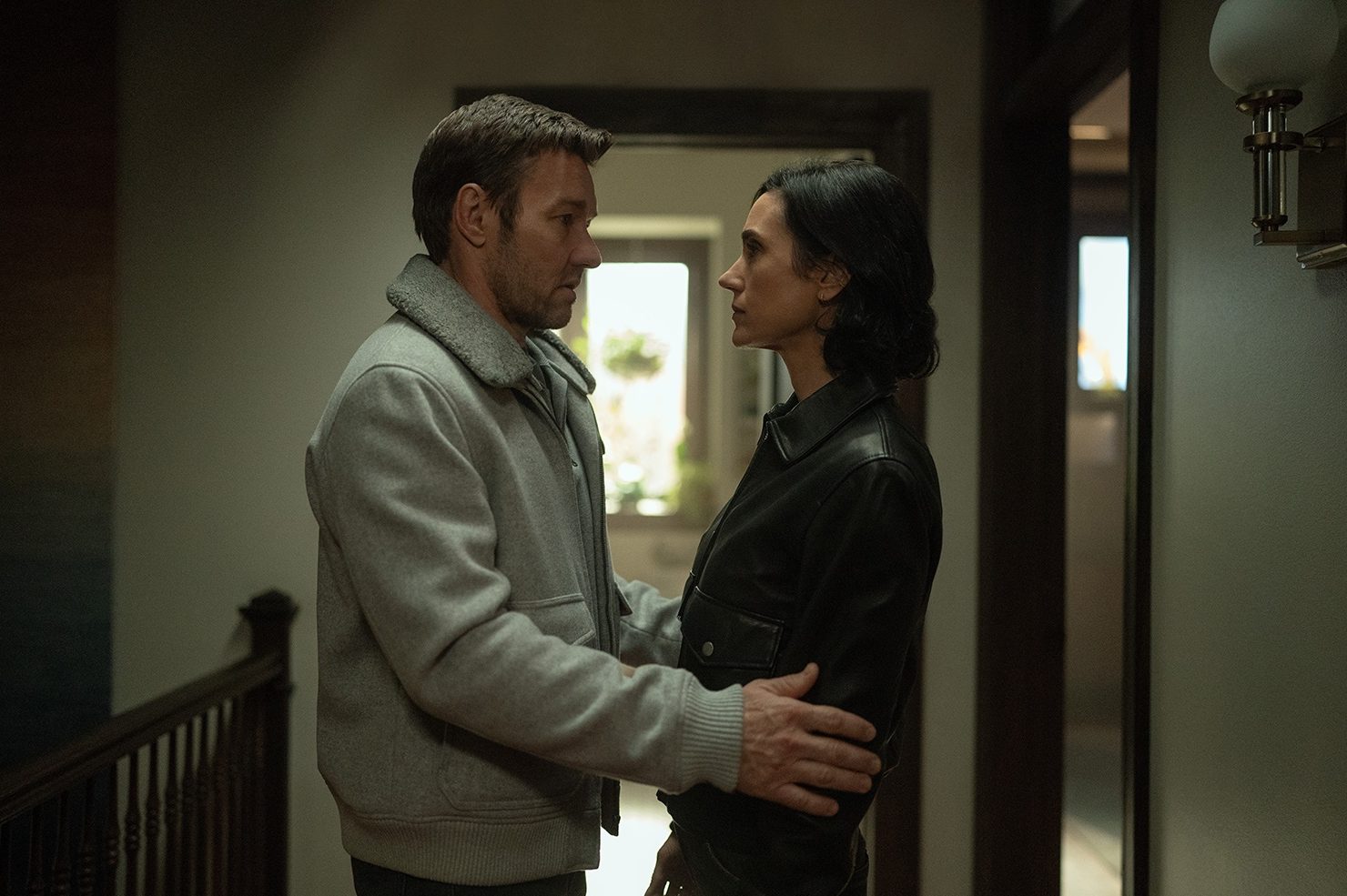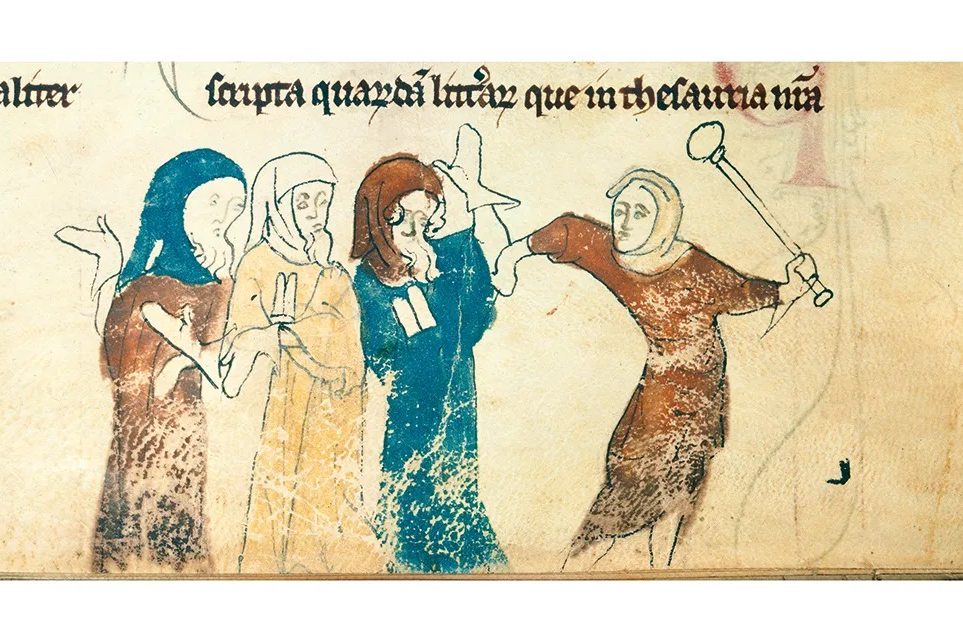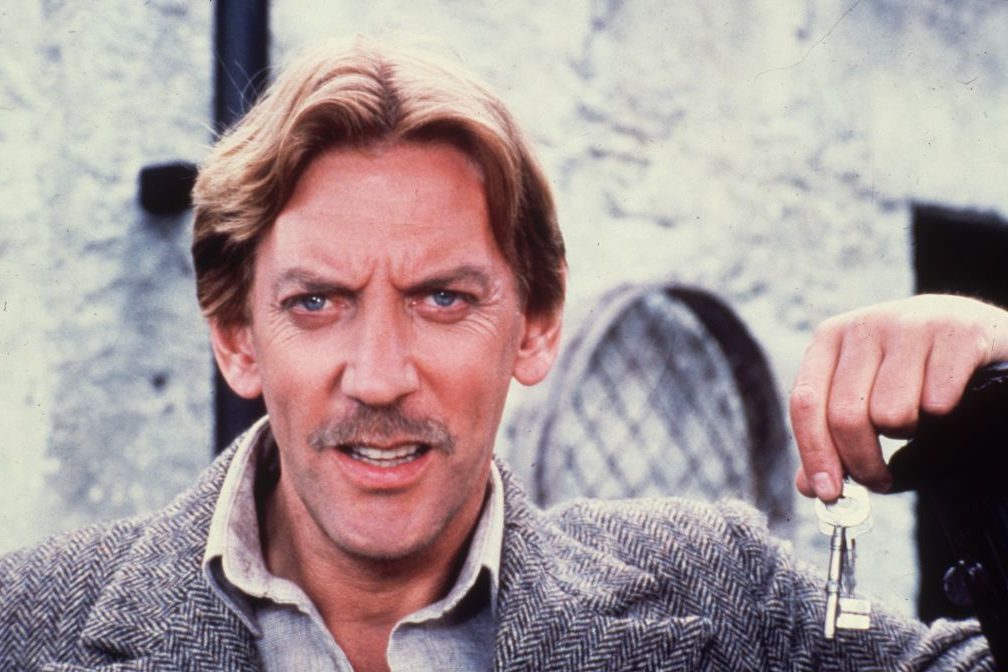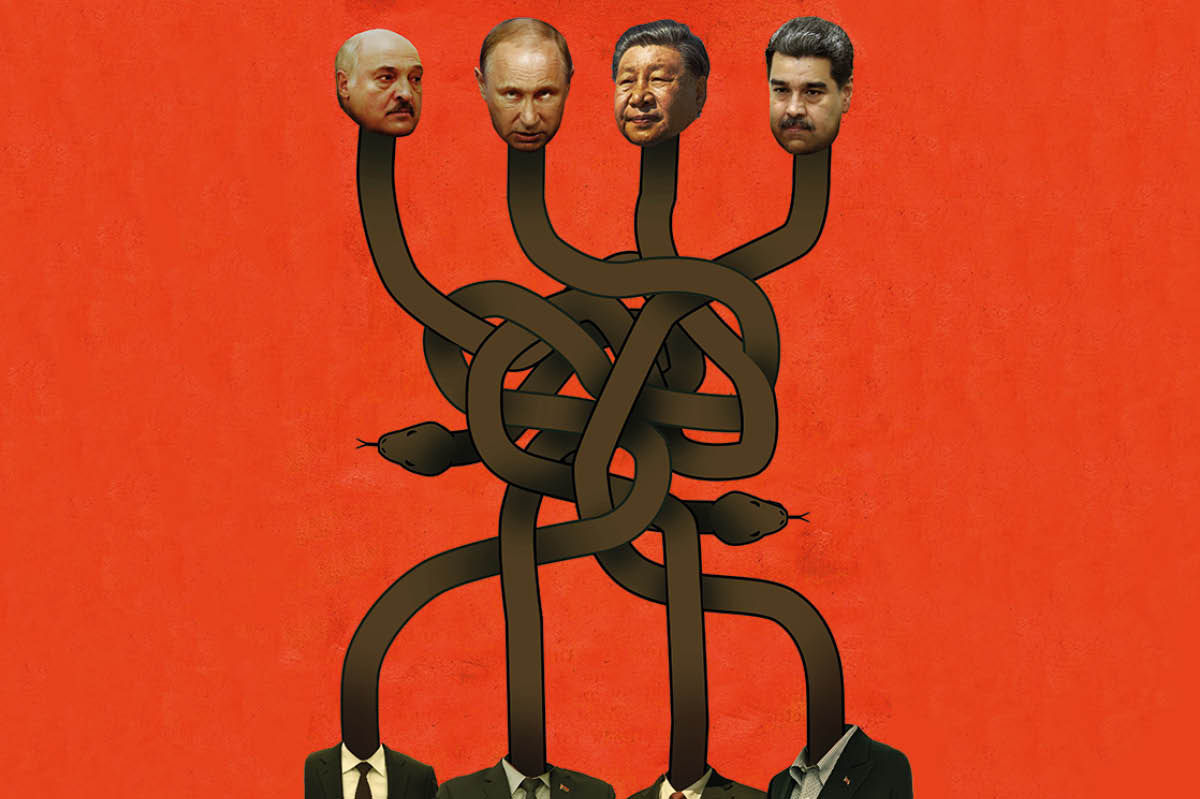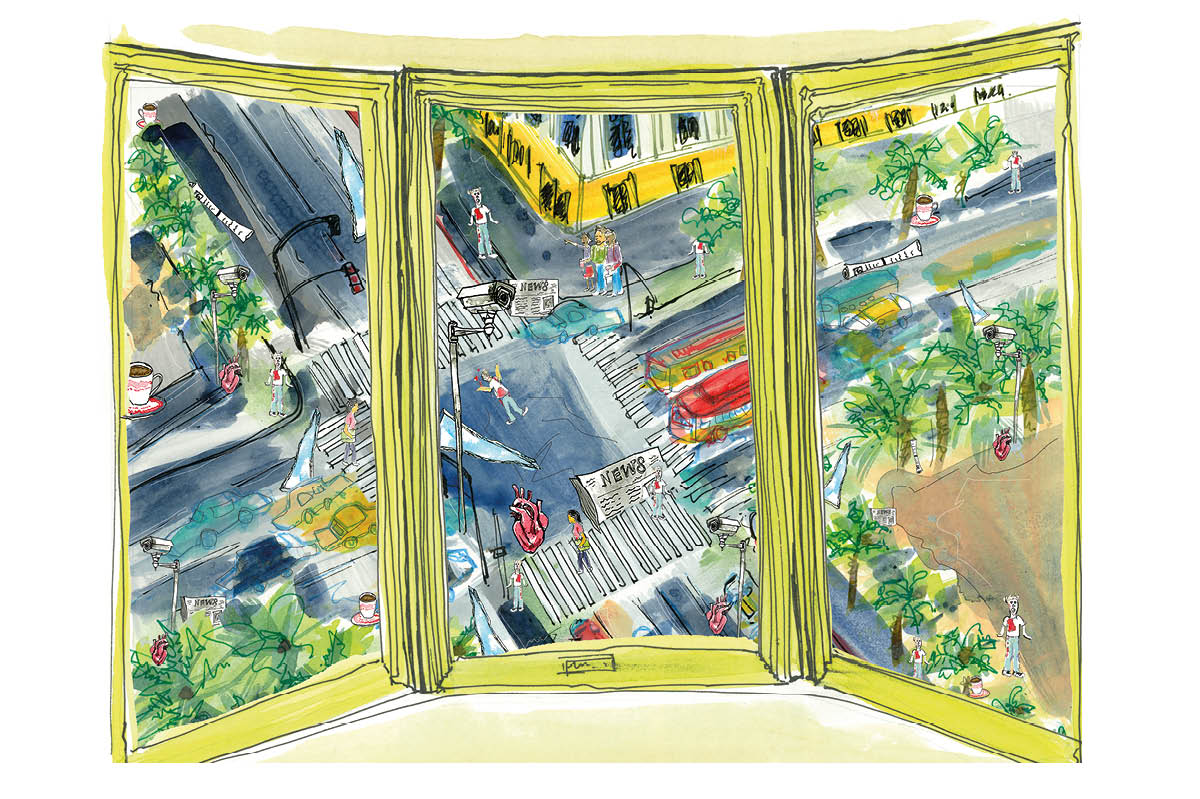On a recent visit to the bookshops of New York, I found all the usual suspects front and center. If you wanted David Grann, Amor Towles or Salman Rushdie, you had come to the right department; if your tastes veered more toward the Air Fryer Cookbook, that particular whim would be well catered for, too. But the single book I saw on most prominent display everywhere I visited was the new novel by the Irish author Paul Murray, The Bee Sting. A shop assistant in McNally Jackson professed herself an admirer of both writer and work. “I’ve never seen anything like it. We sell a dozen copies a day, sometimes more. It’s hit a chord with people in a way that other books just don’t.”
When The Bee Sting was published last year, it attracted the kind of critical acclaim most authors would sell family members for. Katy Waldman declared in the New Yorker that “Murray shows off his formidable range, immersing us in worlds so distinct and textured that they seem to blot one another out” and the New York Times Book Review, in an atypical rave, gushed “Murray’s writing is pure joy — propulsive, insightful and seeded with hilarious observations.” It has been on countless “book of the year” lists, won literary prizes by the score in Murray’s native Ireland and elsewhere, and none other than Sarah Jessica Parker has raved about it. A television series is now in development. The forty-nine-year-old Murray now has a fair claim to be the most exciting writer of his generation — and, if the next book he publishes continues the trend, one of the wealthiest, too. Does he merit the raves?
When you have both sides of the Atlantic — and Carrie Bradshaw — united in praise about something, it usually suggests one of two things: a triumph of undue hype, or a genuine masterpiece. When I sat down to read The Bee Sting, I hoped it would be the latter. After all, Murray’s three previous books (so far, a slim oeuvre, but give him time) had contained one highly accomplished and blissfully funny debut, the 2003 tragicomedy An Evening of Long Goodbyes; an early magnum opus, the 2010 boarding-school tragicomedy Skippy Dies; and his least successful (but still enjoyable) novel to date in the form of 2015’s tricksy and metaliterary The Mark and the Void. Now The Bee Sting has lifted him into household-name territory.
Like Jonathan Franzen’s The Corrections, but funnier, The Bee Sting revolves around the interlinked destinies of four members of a once-wealthy, now-struggling Irish family. The patriarch, Dickie, has inherited a car dealership from his overbearing father Maurice, and is in increasingly dire straits, both financially and personally, for reasons that become clear as the novel progresses. His wife Imelda is weighed down by grief and misery; she was to have married Dickie’s younger brother Frank, who died in a tragic accident, and ended up wed to Dickie because they conceived a child almost by accident while lost in mourning. This child, their daughter Cassie, is planning on heading to Trinity College, Dublin — where Dickie once studied himself — but is distracted by the usual temptations of alcohol, boys and, perhaps, her own awakening sexuality. And, finally, their younger child, PJ, is suffering from the attentions of a bully who claims that the Barnes family has impoverished his mother. Never mind, PJ has found a friend online, who’s keen that they meet up in Dublin and play video games together. Nothing can possibly go wrong, can it?
Over the course of 600-odd pages, Murray marshals elements of tragedy, black comedy and drama with consummate skill. Even its first act, in which he describes the boredom that Cassie faces in the small, nondescript Irish town where they live, conveys a remarkable sense of torpor and disenchantment without being at all tedious. Some of Murray’s contemporaries (naming no names, but you can probably guess who) could do with learning from him how to write about mundanity without becoming ploddingly mundane. Then it’s PJ’s turn, after which the narrative pivots into a startlingly bold, wholly successful literary conceit, as Murray moves into the inner voice of Imelda, using no punctuation to signify her lack of education. This could have been insufferable — karaoke Joyce — but it’s both formally adventurous and narratively vital, as it fills in the gaps and connotes why, precisely, Imelda’s disenchantment has arisen the way it has. And then it’s Dickie’s turn, and the book finds its heart.
In every one of Murray’s novels to date, there is a character who, if it’s presumptuous to suggest that they speak for the author himself, conveys an ineffable sense of sadness amidst the humor to be found elsewhere. In An Evening of Long Goodbyes, it’s Anglo-Irish aristocrat Charles Hythloday, who has, like a less extreme version of Huysmans’s Des Esseintes, dropped out from the world to spend his days drinking gimlets and watching Gene Tierney films, but, like John Kennedy Toole’s indelible creation Ignatius J. Reilly, is rudely forced out of his inertia and compelled to mingle with the common man. In Skippy Dies, it’s the schoolmaster Howard “The Coward,” whose attempts at teaching history are diverted by his twin obsessions with World War One and his comely colleague Miss McIntyre. And although The Mark and the Void is less successful, it does contain a novelist called “Paul,” whose interactions with the book’s investment-banker protagonist provide most of the funniest scenes; in one, Paul confesses that he has launched an adult-themed website called “myhotswaitress.com.” When asked why it contains the rogue “s,” he admits “myhotwaitress.com was already taken.”
So it is with Dickie Barnes, the true protagonist of The Bee Sting and its most poignant character. It would be spoiling the novel’s skillfully orchestrated development to reveal precisely why Dickie is so fascinating, and so sympathetic, but Murray beautifully evokes what it is to have grown up in the shadow of other people — a successful, alpha male father; a younger brother whose footballing prowess has made him the toast of the town; and even a business rival, Big Mike, whose attentions toward Imelda are rather less than professional.
It all comes back to Dickie’s ill-fated time at Trinity, and the eventual revelation of precisely what occurred there — both for good and for ill — anchors the book in tragedies circumstantial and personal. I cannot remember any other novel that evokes the intellectual arrogance — occasionally justified — of a gathering of clever, ambitious students as well as The Bee Sting, not least in its description of the University Philosophical Society, home of chancers and would-be politicians alike, who can deliver stirring feats of oration without believing a single word they say.
Where The Mark and the Void may have faltered for non-Irish readers is in the rather schematic way it took on the post-2008 financial crisis, in which the so-called “Celtic Tiger” boom deflated almost overnight with the end of cheap credit and low interest rates, and attempted to convey its impact through a state-of-the-nation novel. The Bee Sting never attempts to make the Barnes family speak for the Irish people, but there is a richness and warmth to their depiction that makes this as much a page-turner as any airport novel. I read it from front to back over a couple of days, neglecting every other domestic or professional obligation. I had to immerse myself, greedily, in its complexities and ambiguities. It made me laugh, cry, gasp and, by the ending, it left me in a deliciously horrible state of suspense, for reasons that will become clear to anyone who reaches it.
To be “the great Irish novelist” of our time is an honor that is eagerly sought. The likes of Sally Rooney, Colm Tóibín, John Banville and even Kevin Barry have all put forward respectable claims to the distinction. Yet at a time when “the comic novel” is regarded almost as an unclean and flashy thing, any author who can make his readers laugh as well as think is a rare talent indeed. The next time I walk into McNally Jackson — in a month, a year or a decade— I suspect that there will still be copies of The Bee Sting prominently displayed, and that the staff will be just as quick to rave about it and its remarkable author. And that has to be the greatest test of longevity, and genuine admiration, that any writer can ever begin to hope for.
This article was originally published in The Spectator’s July 2024 World edition.
